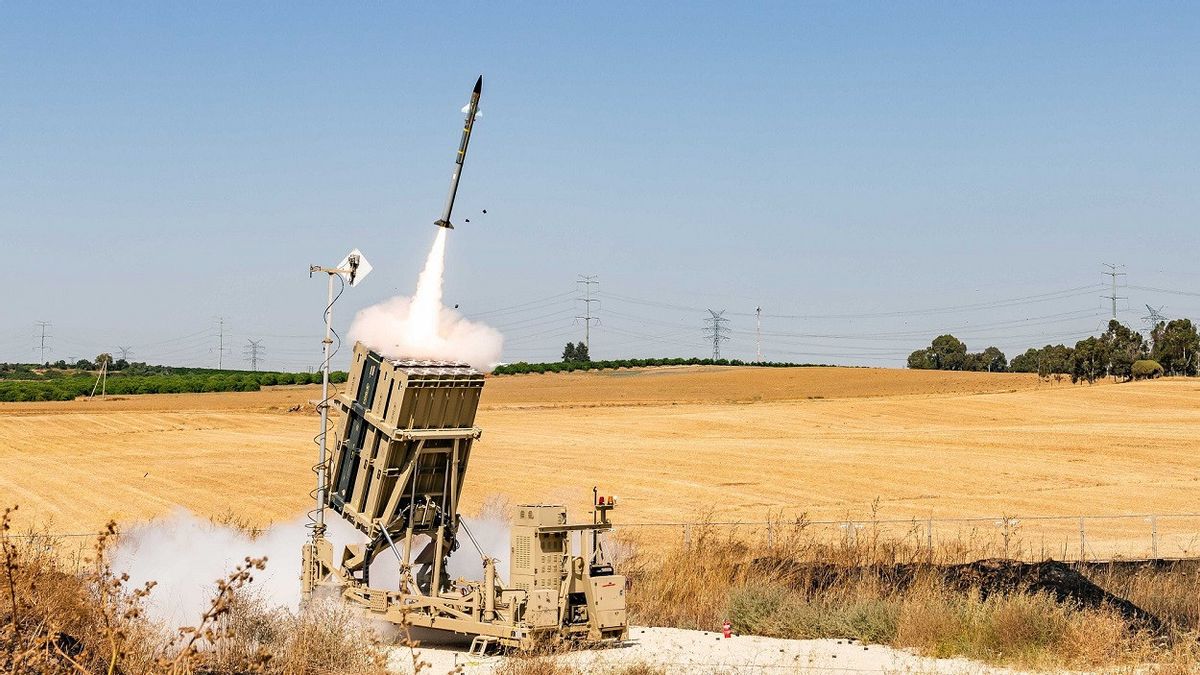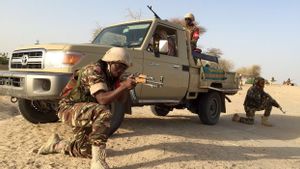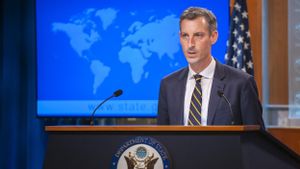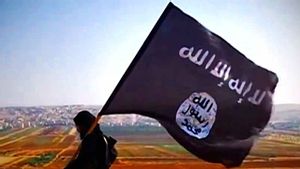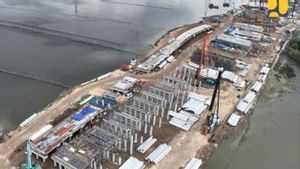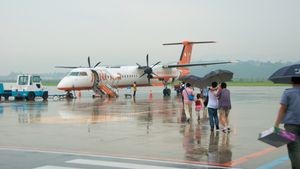JAKARTA - Israel does not want to go to war with Lebanon's Hezbollah, but is prepared to deal with up to 2,500 rockets a day from the armed group if conflict breaks out, a senior Israeli military official told AFP.
In May this year, the Israeli army fought an 11-day war against Palestinian armed groups in the Gaza Strip, which fired some 4,400 projectiles towards the country.
Israel says its Iron Dome defense system, which has been in use for about a decade, has the accuracy of intercepting 90 percent of rockets fired towards populated areas. The number of rockets hitting populated areas is claimed to be under 300.
The rate of fire surpassed that seen in Israel's 2006 war against Hezbollah, when the same number of rockets were launched from Lebanon, but over a period of about a month, the Israeli army said.
"In May, cities like Tel Aviv and Ashdod experienced the highest number of shots fired against them in Israel's history," said Uri Gordin, head of the Israeli military's Frontline Command Force, citing France 24 from AFP Oct. 17.
"We are seeing the speed of more than 400 rockets being fired at Israel every day," he continued.
He further explained that in the case of a "conflict or war with Hezbollah, it estimates that more than five times the number of rockets fired daily from Lebanon to Israel.
"Basically we are dealing with between 1,500 and 2,500 rockets being fired daily at Israel," he said.
Formed in 1992 after the first Gulf War, Frontline Command is responsible for civil defense, meaning it is responsible for preparing the country in the event of a threat, conflict, or disaster.
The unit was criticized for its links to the 2006 war against Hezbollah that killed more than 1,200 Lebanese, mostly civilians, and 160 Israelis, most of them soldiers.
SEE ALSO:
According to Godin, the war has seen his side increase the liaison unit now active in 250 Israeli cities, ready to provide assistance in the event of an attack. Using computer projections, they were able to predict the rocket's trajectory after launch.
"During the Gaza conflict in May, this allowed emergency services to deal with any incident in less than five minutes," Gordin said from the control room of the unit's headquarters in Ramla, near Tel Aviv.
The English, Chinese, Japanese, Arabic, and French versions are automatically generated by the AI. So there may still be inaccuracies in translating, please always see Indonesian as our main language. (system supported by DigitalSiber.id)
